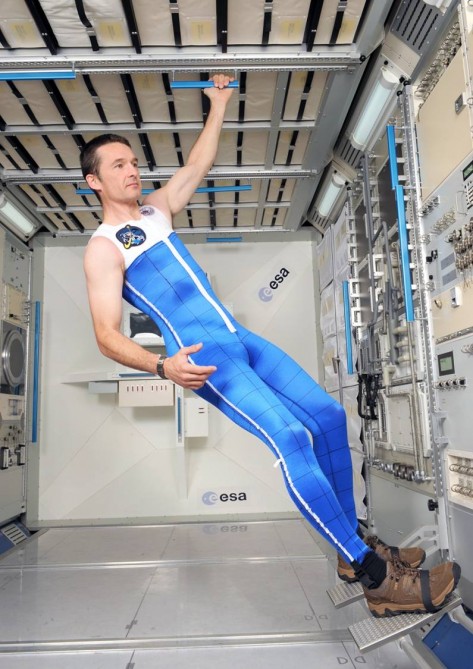 |
According to recent reports, a groundbreaking development has taken place in space technology. Researchers from King's College London (KCL) and the Massachusetts Institute of Technology (MIT) have created a revolutionary type of "space tights" designed to protect astronauts from muscle and bone loss during long-duration space missions. This issue is a major concern for space agencies as prolonged exposure to microgravity can lead to significant health deterioration.
Dr. Phil Carvil, a researcher at KCL’s Human and Aerospace Physiological Sciences Research Centre, explained that on Earth, our muscles and bones are constantly subjected to natural stress due to gravity. In space, this stress is absent, leading to rapid weakening of both. Currently, astronauts spend around two and a half hours each day on rigorous exercise routines to counteract these effects. However, despite these efforts, bone loss still occurs, and the current methods only slow down the process.
That’s where the new tights come in. These specially designed garments apply gentle, consistent pressure to the body, mimicking the effects of Earth’s gravity. This helps maintain muscle strength and bone density, offering a more effective solution than traditional exercise alone. The innovation could significantly improve astronaut health and reduce the risks associated with long-term space travel.

Beyond space exploration, the tights also show potential for use in everyday life. They could be beneficial for elderly individuals experiencing age-related bone loss, helping them maintain mobility and reduce the risk of fractures. The technology might even find applications in rehabilitation or sports training, offering support for those recovering from injuries.
The first test of the tights is set to take place aboard the International Space Station, with astronaut Andreas Mogensen scheduled to conduct the trial in 2015. If successful, British astronaut Tim Peake, who will head to space in 2016, may also wear the suit during his mission. This development marks a significant step forward in space medicine and could redefine how we approach human health in microgravity environments.
(Word count: 505)Guangdong Kinen Sanitary Ware Industrial Co.,Ltd. , https://www.kinengroup.com